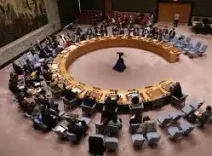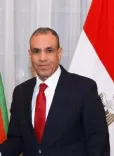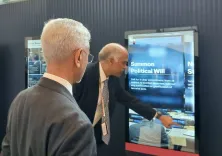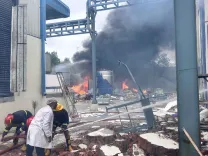Should G7 Foreign Ministers Urge Iran to Restart Nuclear Negotiations?
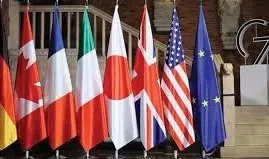
Synopsis
Key Takeaways
- G7 foreign ministers are advocating for renewed negotiations on Iran's nuclear program.
- Iran is urged to comply with the IAEA and provide necessary information.
- The NPT is emphasized as a crucial aspect of global non-proliferation efforts.
- Recent military conflicts have escalated tensions in the region.
- A ceasefire was established, ending recent hostilities.
Ottawa, July 1 (NationPress) The Group of Seven (G7) foreign ministers have urged for the restart of negotiations aimed at achieving a comprehensive, verifiable, and sustainable agreement concerning Iran's nuclear program.
In a joint declaration regarding Iran and the broader Middle East, released by Global Affairs Canada, the foreign ministers emphasized the need for Iran to immediately resume full cooperation with the International Atomic Energy Agency (IAEA), fulfilling its safeguard obligations and providing the IAEA with verifiable information about all nuclear materials within its borders, including granting access to IAEA inspectors, as reported by the Xinhua news agency.
“We highlight the importance of the Nuclear Non-Proliferation Treaty (NPT) as a fundamental component of the global nuclear non-proliferation framework. It is crucial that Iran remains a party to and fully adheres to its commitments under this Treaty,” the statement noted.
The G7 foreign ministers from Canada, France, Germany, Italy, Japan, the United Kingdom, and the United States, along with the European Union's high representative, convened in The Hague on June 25 to discuss recent developments in the Middle East.
On June 13, Israel initiated a series of significant airstrikes targeting nuclear and military facilities throughout Iran, resulting in the deaths of senior commanders, nuclear scientists, and civilians, while also injuring many others.
In retaliation, Iran conducted multiple waves of missile and drone attacks against Israeli territories, leading to casualties and infrastructural damage.
A ceasefire was achieved between the two nations on June 24, concluding 12 days of conflict.

